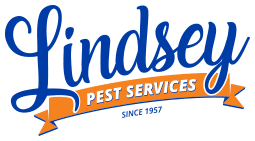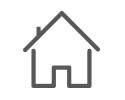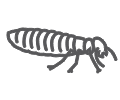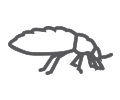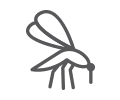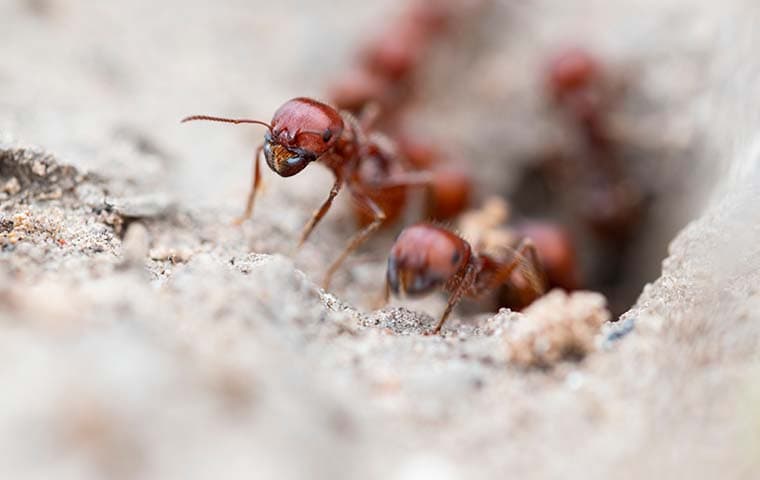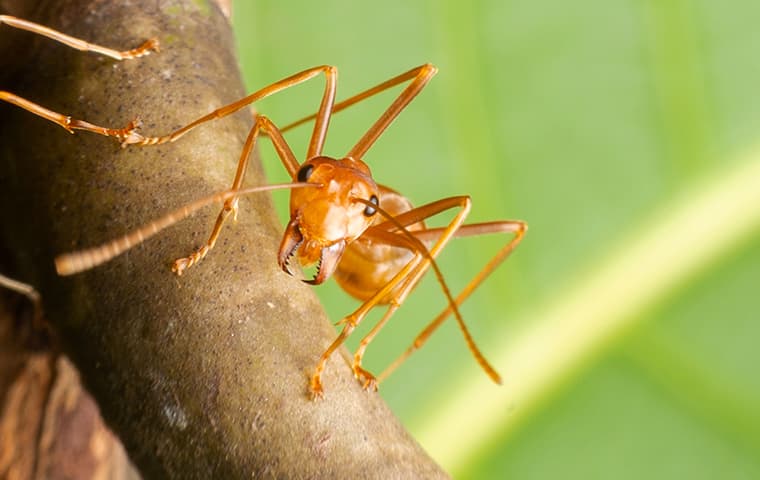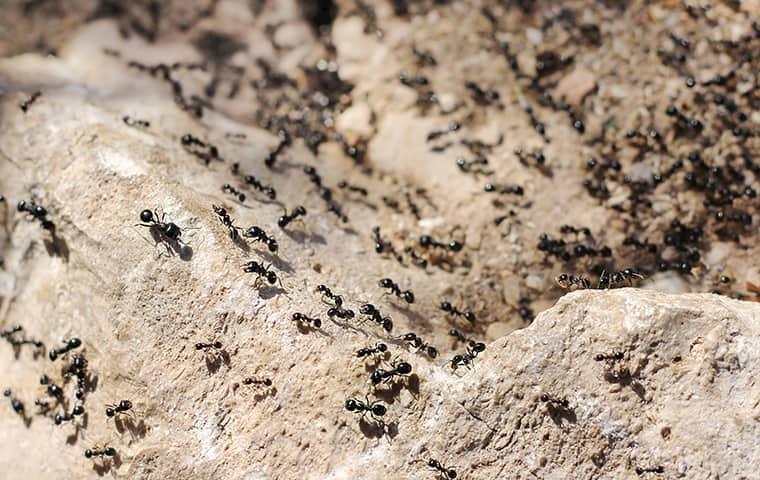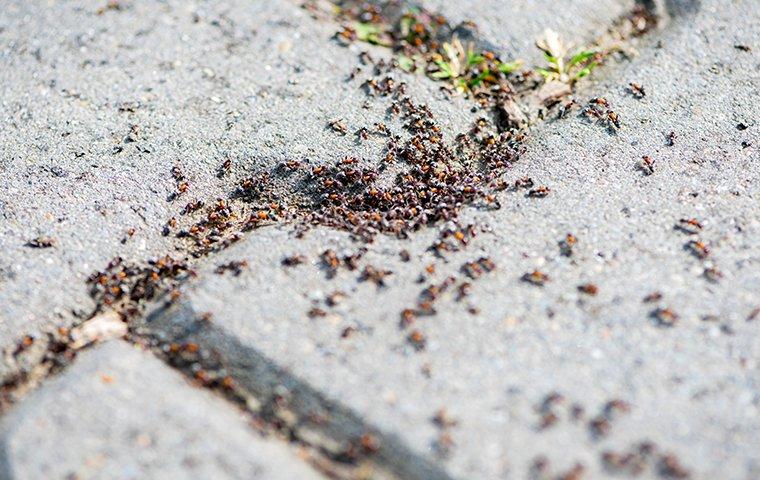Ants In Jacksonville: An Comprehensive Prevention And Control Guide
When you go on a trip to a new location, the first thing you do before leaving the house is to ensure that you have the directions. Imagine that you did not use a map or GPS to guide you to your destination. What would happen? You would never arrive at your destination or, if you got lucky, you might find the location, but only after extra hours of driving and needlessly using gas, which drives up the cost of the trip. Guides, maps, and GPS systems save us time, money and give us peace of mind because they show us the way to our destination.
We need directions when we do not know what to do or where to go. In the same way, when we need to solve an ant problem in our homes, we need help. Most people are not pest control experts, so when a line of ants travels along the kitchen baseboards, they do not know what to do other than to try to kill them before they crawl over their countertops. Although they may eliminate a few ants using traps or a flyswatter, they are not solving the problem, and they may face a new line of ants the next day.
If ants are throughout your home, you need the Jacksonville pest control experts from Lindsey Pest Services. Our locally owned and operated company has removed ants from the Jacksonville area since 1957. Our leader, Jennifer Leggett, has served in numerous leadership positions in various pest control organizations. Under her leadership, Lindsey Pest Services has become one of the few QualityPro accredited companies in the United States. QualityPro accreditation means we exceed state and federal pest control regulations and comply with the National Pest Management Association (NPMA).
You probably found this article because you need to get rid of ants in your Jacksonville home. We will be your guide and give you the information you need to solve the ant problem in your house.
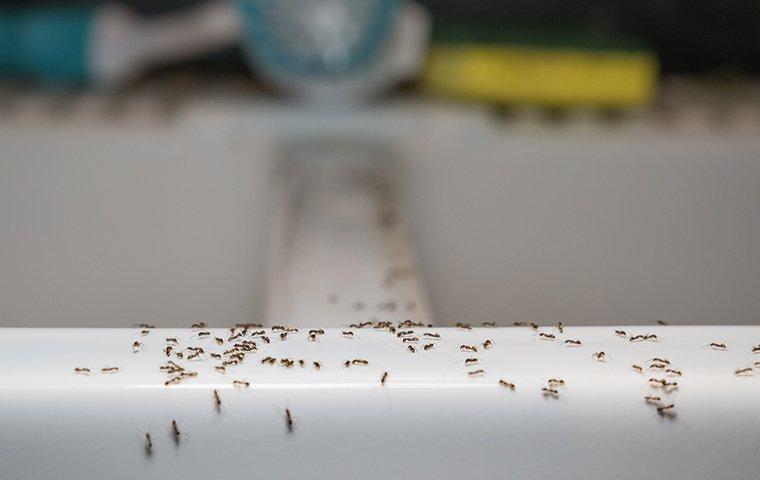
Ant Identification: Species Found In Jacksonville
Before we discuss specific ants in the Jacksonville area that often invade homes, we will start with a general description so you don't confuse ants with termites, wasps, or aphids. Ants are insects with six segmented legs, two clubbed antennae, and a body that consists of a head, thorax, and abdomen. Ants have an external skeleton (exoskeleton) which they shed at each growth stage through a process known as molting.
Ants hatch from eggs, are cold-blooded, and are social insects, which means they live in groups. Some ant species produce a type of ant called alates or swarmers with wings. In the springtime, reproductive ants fly from the colony to create new nests. Ants eat protein, carbohydrates, and fats in organic plant and animal matter and human food.
Here is a list of some specific types of ants that invade Jacksonville homes:
- Acrobat Ants: Light brown to black ants approximately 1/8 of an inch long that raise their abdomen over their heads and appear to do a handstand when threatened. These ants create colonies in wood previously infested by carpenter ants and termites.
- Argentine Ants: These ants have shiny dark brown to black 1/16 to 1/4 inch bodies. Argentine ants create colonies in damp areas near food sources.
- Carpenter Ants: These ants have red or black or red and black 5/8 inch bodies. They damage wood by boring through damp, fungi-infested woods to create nests.
- Crazy Ants: Known for their erratic, zigzag walking behavior, these reddish-brown ants have bodies that are 1/8 of an inch long. Crazy ants often infest AC units and indoor appliances. They can bite but do not pose a threat to humans.
- Fire Ants: These reddish-brown ants are 1/8 to 3/8 of an inch. They deliver powerful stings that create itchy, painful, fluid-filled blisters. Fire ants usually live in yards near structures but occasionally invade homes through HVAC units.
- Ghost Ants: So-called due to their dark head and thorax, but light-colored abdomen, they have a tiny body about 1/16 of an inch long. Ghost ants live in wall voids, potted plant soil, and behind baseboards.
- Odorous House Ants: These brown or black 1/16 to 1/8 inch-long ants live near moisture in homes and give off a coconut odor when crushed. Odorous house ants do not bite or sting.
- Pavement Ants: So-named because these 1/8-inch long blackish ants live in pavement cracks or underneath sidewalks, driveways, and concrete slabs. Pavement ants will not hurt humans but are a nuisance when they enter Jacksonville homes.
- Pharaoh Ants: All ants contaminate surfaces, but pharaoh ants are the only species in our area capable of spreading diseases. These pale-colored yellow to reddish ants have tiny bodies, only 1/16 of an inch long, and are frequently a problem in medical facilities. Inside homes, they live behind baseboards, wall voids, in furniture, and underneath the floor.
- White-footed Ants: A problematic pest for many Floridians, the white-footed ant has a 1/8-inch brown to blackish body. The lower part of their legs is yellow-white, hence the name. White-footed ants create large colonies inside walls and attics.
Lindsey Pest Services provides ant control for homeowners no matter what type of ants invade your Jacksonville home. Our trained and knowledgeable technicians can identify the ant species infesting your home and will take appropriate action to end the problem.
Ant Communication: How Infestations Develop And Spread
Ants create new nests by either budding or swarming. Acrobat ants, carpenter ants, crazy ants, ghost ants, and white-footed ants use swarming to begin new nests. These ant species produce winged male and female ants capable of reproduction. Although sometimes confused with termites, you can determine if the flying insects are ants by the four equally-sized yellowish wings attached to their body; the pair of wings on termites are of different lengths and white. Also, termites have straight bodies, but ants have narrow waists.
In the late spring or early fall, the flying ants leave their nest to coast along on wind currents. If they survive predators and the weather, they mate, fall to the ground, and burrow into the soil. The male soon dies, but the fertilized female queen lays eggs producing the first batch of sterile worker ants. Once those ants mature, they begin foraging and expanding the nest. Other offspring include males who continue to inseminate the queen to produce more worker ants. Eventually, winged reproductive ants are born, and the cycle repeats.
If ants are swarming on your Jacksonville property, you will see them around outdoor lights and windows at dusk or dawn in the late spring and early fall. Discarded wings on windowsills are another indicator of their presence.
The quickest and most explosive method of ant infestation occurs through budding; pharaoh ants and white-footed ants use this approach. Whereas ants colonies that expand through swarming have only one queen, nests that grow through budding have multiple fertilized queens. When disturbed, the fertile queens leave the group with an entourage of workers to quickly establish a new nest nearby. Once they arrive at a suitable location, the queen produces offspring while the workers build and expand the nest.
White-footed ants are problematic for Jacksonville residents because about half the colony consists of reproductive queens (intercastes). In addition to expanding through budding, the nest produces winged males and females that swarm to form new groups. Researchers state that a white-foot ant colony may contain several thousand to three million members.
Because ants continually create new colonies, you need effective ant control from Lindsey Pest Services to prevent them from taking over your Jacksonville home. Also, proper identification is necessary because you may have more colonies at the end than when you started, particularly when it comes to ants that spread through budding.
Ant Prevention Is Key: Effective Tips And Tricks
Once Lindsey Pest Services removes ants from your Jacksonville home, you want to ensure they don't return by implementing the following ant prevention tips:
- Remove items that hold water in the yard.
- Provide proper drainage to ditches, gutters, and low-lying areas.
- Eliminate yard clutter and junk.
- Keep outdoor and indoor trash containers closed.
- Prune shrubs and tree branches away from the home.
- Seal cracks in the foundation and along the roofline.
- Replace wood damaged by termites.
- Repair window and door screens.
- Install door sweeps.
- Vacuum the house regularly.
- Suction out corners and crevices along the walls and flooring.
- Wipe eating and cooking surfaces after meals.
- Repair leaking water pipes, fixtures, and drains.
When a trained service technician from Lindsey Pest Services inspects your home and property for signs of an ant infestation, we can provide additional tips specific to your location.
Professional Ant Control: A Great Way To Keep Ants Out For Good
Lindsey Pest Services provides home pest control in Jacksonville. We will investigate your home for entry points, attractants, and hot spots. When we complete our thorough inspection, we create a strategic plan using holistic Integrated Pest Management (IPM) methods. This approach addresses the ant species, attractants, and prevention. It utilizes judicious and environmentally-conscious use of treatment products to end the infestation.
Because we are QualityPro accredited and have removed ants since 1957, you can rest assured that we know how to stop the ants from living in your Jacksonville home. Contact us today to schedule your free, no-obligation inspection and to learn more about our treatment options.
